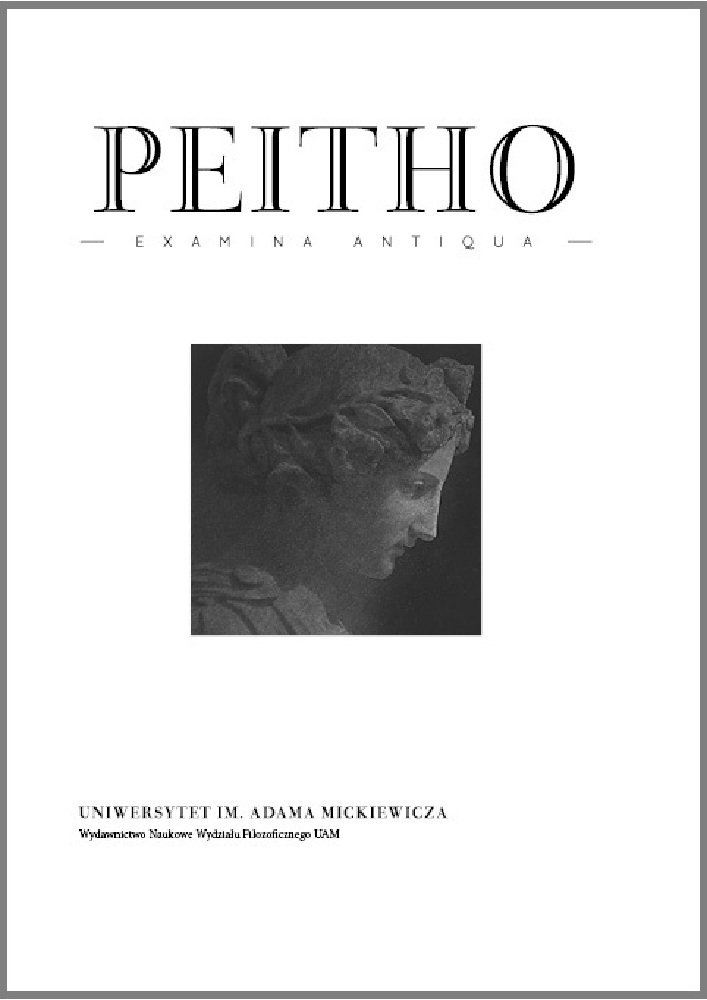Vol. 5 No. 1 (2014)
Published 2014 February 27
Full Issue
PEITHO/Examina Antiqua 1(5)/2014
Articles
13-42
43-58
59-90
91-118
119-138
139-162
163-176
177-198
199-212
213-248
249-258
259-278
295-300
321-336
